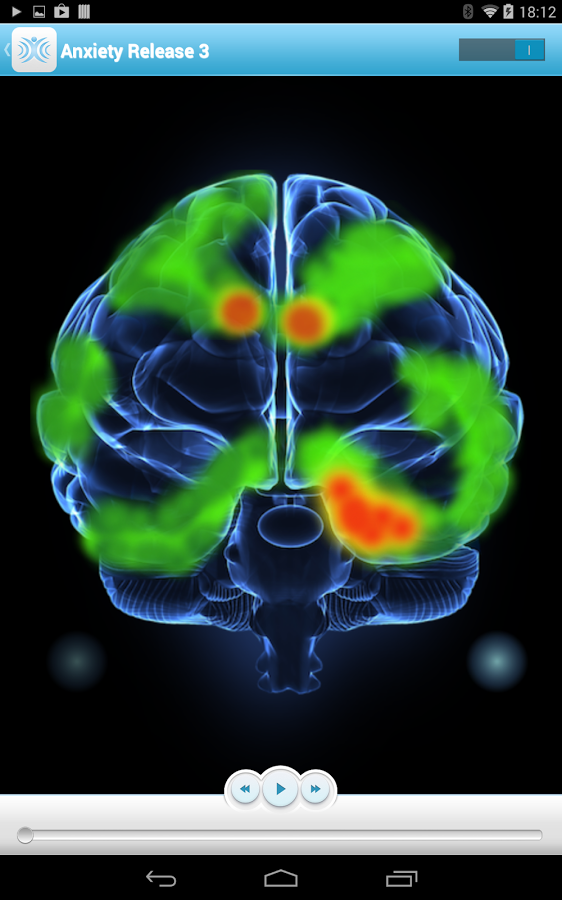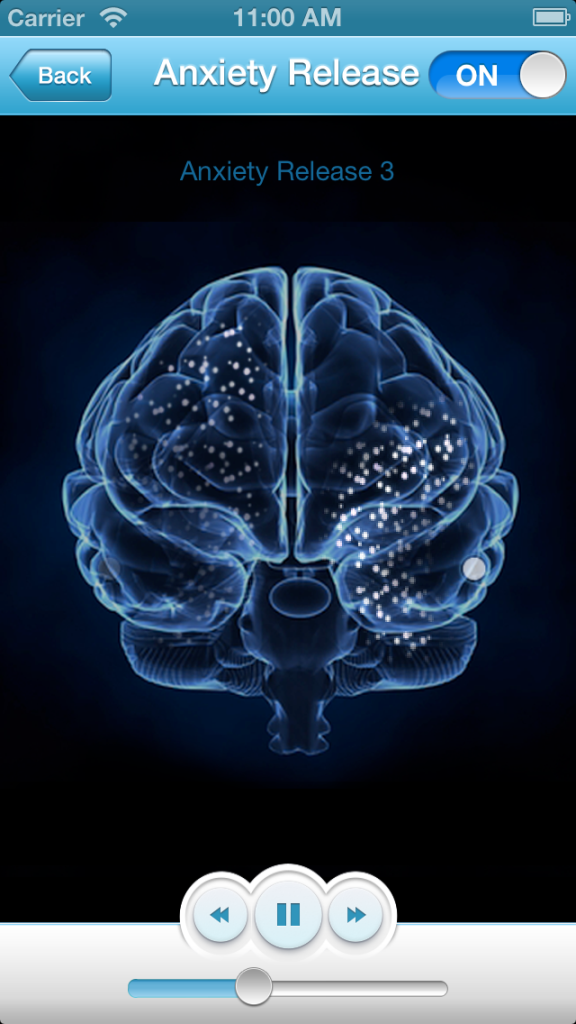- Anxiety is contagious. You are 3-5 times more likely to suffer from an anxiety disorder if one of your parents suffered from anxiety.
- Anxiety is also learned. In addition to genetic predisposition, anxiety can be triggered by stressful life events such as trauma (early abuse neglect, family instability, bullying etc)
- You are not alone. Anxiety affects around 20% of people to a significant degree at some time in their life, making it the most common type of psychological problem
- Anxiety comes from your brain. Although you mainly feel anxiety in your body, anxiety comes from your brain, especially the parts of the brain responsible for memory and emotion. Your brain is basically designed to respond to current sensory information, although it can also respond to past memories which involve sensory information. These types of memories can be quite physical.
- Anxiety is a feeling. Feelings are affective responses to events, they give you an immediate guide regarding whether something is safe or not-safe, pleasurable or painful. In this sense a certain amount of anxiety is healthy and inevitable.
- Feeling anxious is not a choice. Feelings come from a primitive part of your brain which is responsible for sensations and emotions. They happen BEFORE there is time to think, not after. Feelings are automatic – you don’t choose to have them (although you can choose to decide how you deal with them; see ’10 brain-smart ways of dealing with anxiety’)
- You can change the brain activity which maintains your anxiety. Your brain is neuroplastic meaning that the structure and functioning of your brain can be altered (to some degree that’s how your anxiety problems got started) – if you know how.
- New emotional experiences are the key to changing anxiety. Stimuli which generate decreased activity in the area of the brain responsible for emotion, and hence anxiety, are the key to altering the anxiety circuit (Eg; meditation, medication, any activity which absorbs your attention and EMDR). Talk-therapy or insight alone does not engage the circuits of the brain most involved in anxiety (See also; ’10 brain-smart ways for dealing with anxiety’).

